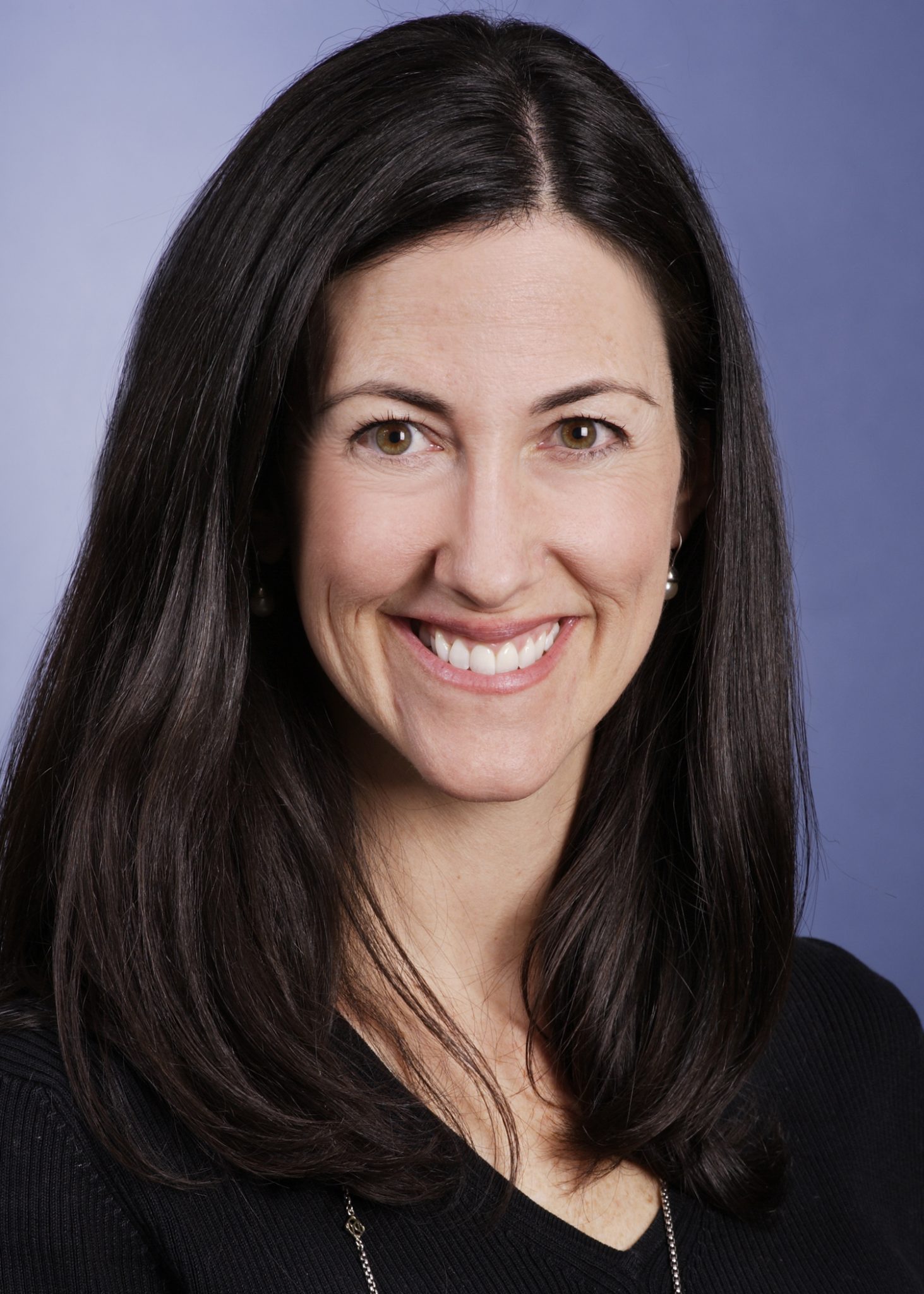Spotlight on Flex – Jessica Brown
The Spotlight on Flex showcases professionals from member organizations who exemplify personal and professional success while working a flexible schedule. Their stories illustrate the long-term benefits that flexible schedules offer to both individuals and organizations.
This month, we are pleased to share insights from Jessica Brown, Partner, in the Denver, CO Office of Gibson Dunn & Crutcher.
 Diversity & Flexibility Alliance: How have you made flexibility a priority and a success through your career?
Diversity & Flexibility Alliance: How have you made flexibility a priority and a success through your career?
Jessica Brown: It’s almost surprising to me, but I’ve been at the firm for more than 22 years. I was a summer associate here, clerked for a judge after graduating from law school, and then started as an associate in January 1995.
I made partner effective 2002, had my first child in 2006, and started working a reduced hours schedule in 2007. There have been times when I’ve been working full time hours or traveling extensively, and I have to be able to roll with that. I never expect to work reduced hours on a daily or weekly basis but rather over the course of the year. Fortunately, I have an incredible support system through my husband, our nanny, and the firm.
I’m in the office every day, and I’m required to bill 1300 hours per year. I don’t adhere to a set schedule because I don’t know how that could work in a client services industry. You could have an “aspirational schedule,” where you choose to be off or work from home a certain day of the week, but it’s important to be flexible about your flexibility. Work priorities won’t always align with your schedule, and you have to adjust seamlessly.
For me, working every day makes sense because I’m always busy, though not always with billable work. I recently reviewed my hours for the past five years and was amazed to find that I worked almost the exact same number of total hours each year. The only thing that fluctuated was the ratio of my billable hours to my non-billable (e.g., community service and pro bono) hours.
DFA: How has flexibility contributed to your business development and sustainability of working at a large firm?
JB: Before I had kids, my passion for my work was undivided. After I had my first daughter, my passion was split between my job and new family. I welcomed the opportunity to work reduced hours because the flexibility allowed me to focus on both. The firm’s continued support has given me the flexibility to expand my focus to other passions – in particular, women’s issues and gender justice.
Working flexibly allows me to dedicate time and be involved with community organizations I believe in. For example, I am the immediate past president of the Colorado Women’s Bar Association, the immediate past chair of the Legal Aid Foundation of Colorado, a board member for the National Conference of Women’s Bar Associations, and a member of the board of trustees and development committee chair for Stanley British Primary School. My community involvement has allowed me to develop close relationships with clients and potential clients. I would not have been able to cultivate these relationships or be so involved with these organizations without working a flex schedule.
DFA: How have clients contributed to your flex success?
JB: Clients (other than my close friends) don’t know about my schedule because it’s a non-issue. I am 100 percent engaged and committed to my matters and never let my schedule interfere. If I need to manage my hours, then I reduce the number of matters I take on.
DFA: Looking back, what would you tell your first year associate self?
JB: Ask for what you need to make the workplace work for you – I did, and I wouldn’t do anything differently. I had an amazing time working as an associate and had great mentors and sponsors. Without them, the job has been more challenging, but it is also extremely rewarding.
DFA: How do you pay it forward, and how do you recharge your batteries?
JB: Lately I have been recharging by trying to get enough sleep. For years, I didn’t. It’s amazing what a difference being well-rested makes – it’s a boon to productivity and clarity. I also incorporate activity during the day when I can. Instead of meeting over coffee, I try to schedule walk-’n’- talks. Pilates also helps me to recharge.
To pay it forward, I stay up to date on issues around flexibility, the leadership gap, talent development, and inclusiveness. I speak and sometimes write on these topics, too. My aim is to encourage women to stay in the profession and encourage them to make the workplace work for them.
If you are a professional working a flexible schedule and would like to share your story in an upcoming Spotlight on Flex, contact Eliza Musallam.






